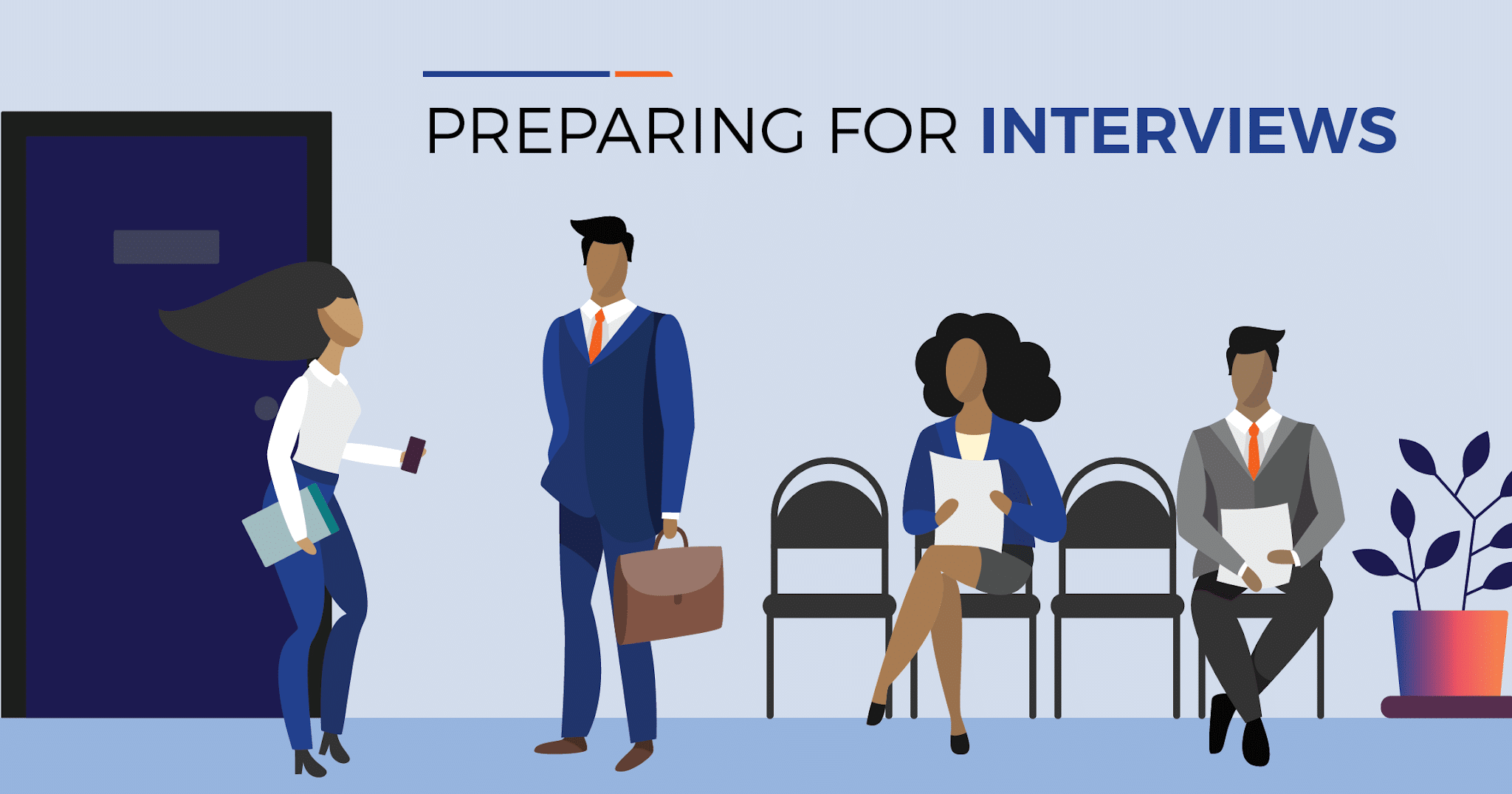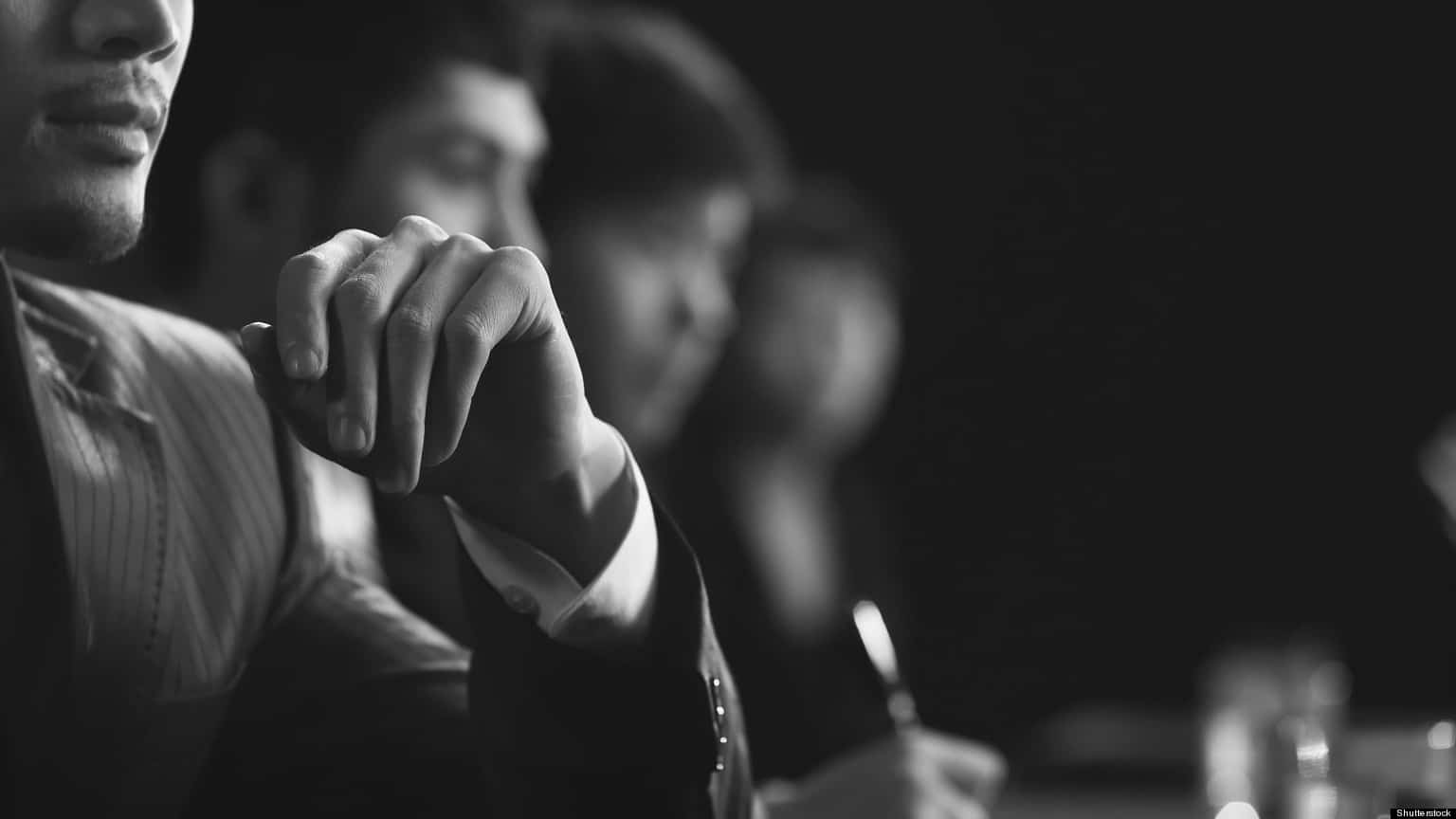
Preparing for a job interview is one of the phases of hunting for a job, which puts applicants and candidates on edge. While some might claim to have mastered the art of scaling job interviews, a larger percentage of job seekers, especially fresh graduates, get jittery when invited for interviews. The reason? They do not know how to prepare for a job interview.
Your interview preparation strategy can be the difference between impressing your interviewer and getting your CV tossed into the trash right after the interview. A job interview is a conversation between a prospective employee and employer that helps the latter make a decision on hiring the interviewee or not.
Over the years, technology has enabled organisations to conduct less of face-to-face interviews. However, regardless of what type of interview you are attending, the rules are largely similar. Your ultimate goal should be to impress and convince the employer that you are the right person for the job. Here is a list of things you need to do to ace your next interview.
How to Prepare for a Job Interview
Interviews are largely used as a tool of assessment in the hands of the employer. However, candidates also use interviews to assess organisations when trying to decide whether to work for the establishment or not. A study of job interviews has affirmed the essence of job interviews in the hiring process of employers.
By definition, a job interview is a strategic conversation between a job seeker and either an HR professional or a representative(s) of the recruiting company. It is used to assess a candidate for a particular job opening within the organisation. Job interviews remain one of the most popular tools used in recruitment exercises by employers.
With the advent of the internet and technological advancement, interviews are no longer restricted to face-to-face conversations. They have morphed into more advanced forms. Some of which include telephone interviews, online chats and video calls between employers and potential employees.
Since we’re looking at how to prepare you for a job interview, we think it’s only crucial to take a quick look at all possible interviews you might encounter as a job seeker.
Below are the 10 types of interviews you could possibly encounter as an applicant:
10 Types of Interviews
- Traditional interviews
- Telephone interviews
- Lunch interviews
- Firing squad interviews
- Skype interviews
- Puzzle interviews
- Career fair interviews
- Case Interviews
- Apprentice interviews
- Group interviews
1. Traditional Interviews
These are face-to-face interviews where you field questions from a representative of the employer to assess your suitability for the role for which the company is recruiting
2. Telephone Interviews
For telephone interviews, the employer schedules an interview appointment with the candidate over the phone at a clearly specified time.
In most cases, it is usually a precursor to the traditional interview and you are advised to take it as important as a face-to-face interview. Failure to impress the interviewer naturally brings the recruitment exercise to an abrupt end.
During telephone interviews, try not to be awkward.
3. Lunch Interviews
There are situations where your potential employer wants to have a direct feel of your personality outside the office. This occurs more for roles where you are expected to represent the organisation in an official capacity.
Like all interviews, you should strive to deliver intelligent answers to questions from the representative of the organisation. During lunch interviews, you want to pay attention to a few things around your mannerisms and etiquette, which include:
- How to order your meal
- Allow the interviewer order his/her meal first
- Order a meal that will enable you to talk comfortably while eating
- Be courteous when addressing waiters and restaurant staff
- Don’t eat or drink too much
- Say “Thank you” after the meal
- Avoid pasta, lobsters, crabs and meals with a lot of pepper
- Don’t order an expensive meal
- Avoid alcohol
- Maintain a professional aura and tone all through
4. Firing Squad Interviews
These are interviews where you get interviewed by a team of representatives who would fire questions at you in the manner that the name suggests.
Interviews of this nature are usually born out of job roles where you would be expected to report to or work with a team of individuals who would form your reporting lines.
In this situations, expectations are high from the employers but it also helps you because rather than have separate interviews with each unit head, you would have an interview with all of them simultaneously.
5. Skype Interviews
Skype interviews are becoming a regular form of interview for organisations that prefer to take full advantage of technological offerings.
You should, however, bear in mind that while a Skype interview might save you the stress of going to the physical office of the recruiting company, it is one that should be navigated with caution.
For instance, to have a successful Skype Interview, you must ensure that your laptop or whichever device you intend to use has enough battery power to last the duration of the interview.
You wouldn’t want your laptop shutting down in the middle of an interview, would you? Also, you must ensure your internet connection is strong enough to guarantee connection for the duration of the interview. You should also be properly dressed and keep your mannerisms professional all through the course of the interview.
6. Puzzle Interviews
Puzzle interviews easily stand out as one of the most dreaded forms of interviews for candidates and the reason is simple; the nature of questions you are asked at puzzle interviews can throw a spanner into all the effort you have put into preparation.
A classic example is getting to venue of an interview and upon sitting in front of your interviewer, you are asked the question below:
“You are standing in front of two doors. One of the doors leads to Heaven while the second leads to Hell. In front of each door stand two angels. One of the angels always speaks the truth while the other always lies but you have no idea which of them is the liar and which is the honest angel. To get to Heaven, you can ask only one question to one of the angels. What question would you ask?”
How would you answer this? The solution is not a definite answer. Rather, the interviewer is more interested in your reasoning capacity and your approach to finding answers to situations and challenges.
The secret of excelling at puzzle interviews is to remain calm, identify what the problem is and then channel your effort into breaking down the question/puzzle into bits and pieces.
There are two things you must avoid during puzzle interviews – First, you must resist the temptation of panicking. Secondly, do not fall into the error of throwing series of questions at the interviewer. Ask very limited questions and focus more on showing your prospective employer how your mind works when faced with situations and challenges.
7. Career Fair Interviews
Career fairs are prime opportunities to impress your potential employer. Interviews held at career fairs offer you a maximum of 10-15 minutes to sell yourself to your interviewer.
As you might have guessed, this simply means you have to put your best foot forward in order to get invited to a more elaborate interview.
Below is a list of tips to help you excel at a career fair interview:
- Keep your dressing smart and formal
- Go along with a hard and soft copy of your CV and other credentials
- Take advantage of the opportunity to network
- Maintain a strong and confident body language
- Keep your breath fresh
- Prepare a verbal business card (about 45 seconds long)
8. Case Interviews
In ‘case interviews,’ potential employees are given a real-life case study to work upon.
As an example, a recruiting company could be hiring for the position of a content marketer and present a case study, which shows that the marketing team sends out one email newsletter weekly to its database of subscribers but isn’t generating enough leads for the Sales Departments and ask you what you would recommend.
You are then expected to suggest strategies that could help yield more leads as a solution.
As a feedback, you could suggest that the company looks in the direction of paid Ads with a well targeted audience and budget. You could also suggest that the organisation increase the volume of email newsletter depending on the number of products and services in focus.
9. Apprentice Interviews
For apprentice interviews, your potential employer is not the kind who can be impressed with listening to what you can do or your past accomplishments.
Rather, your interviewer, in this case, wants to see what you can do. For instance, if the role is for Recruitment Consultant, your interviewee could sit with you in a real-life interview with a graduate intern and see how good you are at assessing candidates.
Apprentice interviews offer you an opportunity to shine. So, make the best use of the opportunity.
10. Group Interviews
These are interviews where the hiring company interviews candidates in groups. In this type of interviews, a candidate would find himself/herself being interviewed along with four other candidates or more depending on the preference of the company.
This form of interview is more prevalent for roles around sales jobs and internships.
It could prove a bit tricky for candidates who are on the shy side but with a little preparation, you can ace it.
One peculiar trait of group interviews is that is has a reputation of coming as a surprise to candidates especially those who are not prepared for it. In some group interviews, you will be interviewed within a group and might even be interviewed by a team of interviewers.
The trick is to remain confident and answer the questions as they are thrown at you.
Group interviews are also known to present you with case studies where your interviewer(s) will assess you on how you interact with others, your level of inclination towards problem-solving reasoning, confidence and how you react to situations that call for application of your skill-set and experience.
To shine in a group interview, you must strive not to appear surprised when you walk into the interview and discover that you are not having a one-on-one interview. Regardless of how surprised you might be, do not let this reaction find its way to your face. Stay confident.
At group interviews, it’s important to make friends. If you arrive for the interview in good time, chances are that the opportunity to interact with other candidates before the interview will present itself. When it does, sink your teeth into it; ask for their names, start conversations with them. Some interviewers notice this and it is bound to leave a positive impression.
At group interviews, the fact that you already had a conversation with other candidates will push your confidence and familiarity with their names a couple of notches higher.
Finally, during group interviews, you want to remain yourself, listen to what others have to say and get all participants involved. Remember not to come across as too overbearing in your attempt to lead the conversations. This has a strong potential to backfire.
Lesson
When it comes to interview types, it is best to be prepared for all types of interview. The alternative line of action would be to research into the company’s recruitment culture. Does the company favour puzzle interviews over traditional interviews or is it one know for Skype interviews.
This brings us to the subject of research. A study by Timesjobs.com has revealed that 50% of applicants perform woefully at job interview. The study also added that failure of candidates to carry out a thorough background research about the recruiting company constituted the biggest pitfall for candidates who did not perform well at their interviews.







